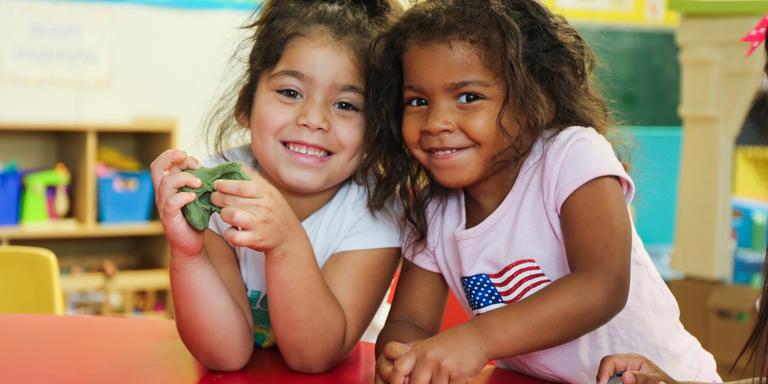
Journey of Hope Overview
Journey of Hope (JoH) is an evidence-based psychosocial support program designed to build resilience for children. Many children endure the everyday stresses of living in communities impacted by natural disasters or poverty; witnessing significant changes to their homes, neighborhoods and schools.ÌýJourney of Hope ofers the opportunity to begin to normalize emotions and develop coping strategies
Program Design
91²Ö¿â developedÌýJourney of Hope after Hurricane Katrina, and has implemented in disaster and low-resource settings across the United States and internationally since 2007.
The program is designed to help normalize emotions and develop positive coping strategies through cooperative play, creative arts and literacy. There are three modules for children between 4-12 years old.ÌýJourney of Hope is organized into 8 one-hour sessions for groups of 8-10 children. 91²Ö¿â partners with school districts, childcare centers and community organizations to implementÌýJourney of Hope with trained facilitators during the school term or in summer camps.
In addition to the children's modules, there is a 3-hour workshop for caregivers to allow the time and space to process their experience, identify their coping mechanisms and develop community resources to increasing their capacity to support children.
Objectives
The learning objectives of the program are to:
1.ÌýÌýÌýÌýÌýÌý Support children in understanding and normalizing emotions associate with trauma or other difficult circumstances.
2.ÌýÌýÌýÌýÌýÌý Support children in developing positive coping strategies to deal with these emotions.
3.ÌýÌýÌýÌýÌýÌý Build on the innate strengths of children, their families, schools and communities to further develop positive coping mechanisms.
4.ÌýÌýÌýÌýÌýÌý Instill a sense of hope, empowering children to feel more in control.
Strengths-based Approach
Journey of HopeÌýutilizes a strengths-based approach in each of the session activities, focusing on participants' ability to manage their emotions and support each other. Group facilitators identify positive coping strategies and allow children to form valuable insights into their own well-being. This approach leads to a greater child-centered practice.
Promoting Protective Factors
The interventions, activities, and methods within Journey of Hope help children address and overcome a traumatic event or adversity through building external and internal protective factors, such as:
1.ÌýÌýÌýÌýÌýÌý Promoting positive relationships with caring adults;
2.ÌýÌýÌýÌýÌýÌý Building problem solving skills;
3.ÌýÌýÌýÌýÌýÌý Promoting healthy peer relationships;
4.ÌýÌýÌýÌýÌýÌý Teaching self-regulation skills;
5.ÌýÌýÌýÌýÌýÌý Promoting self-efficacy.
For more information, please contact [email protected]
Ìý
